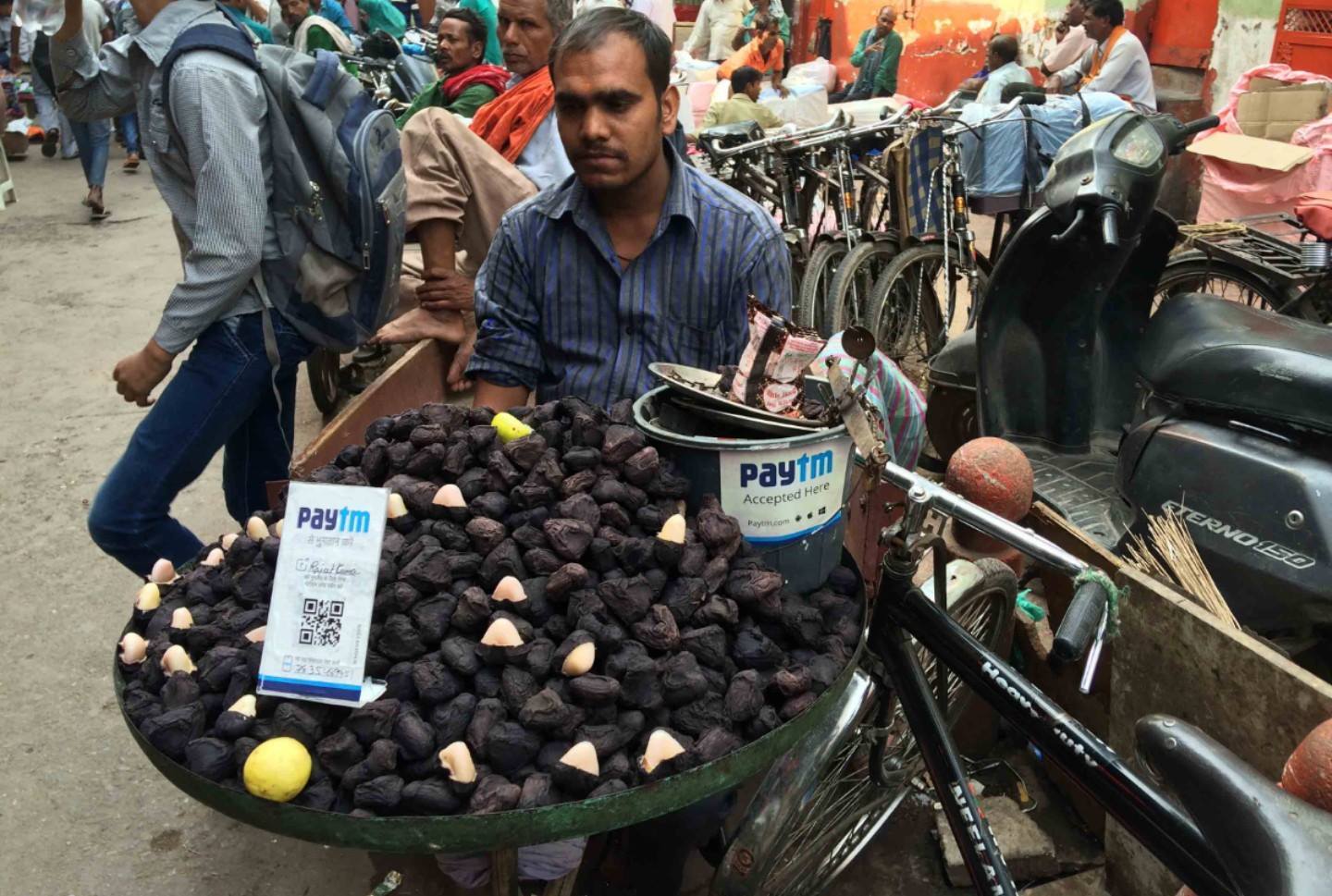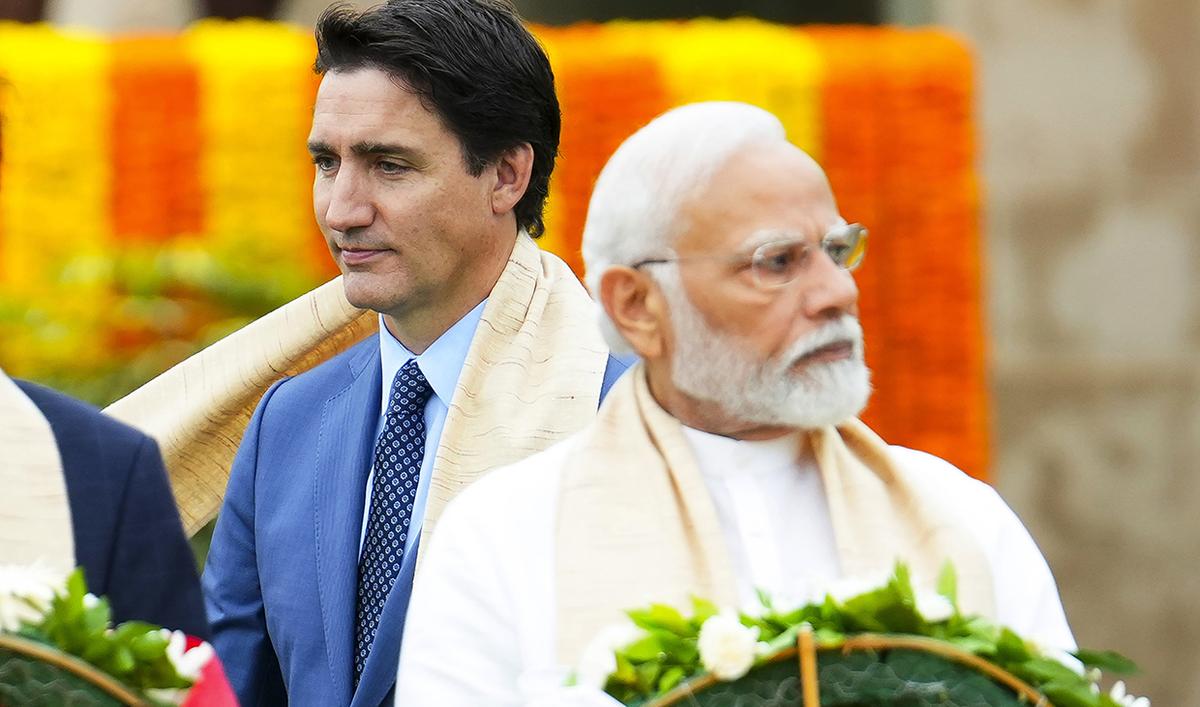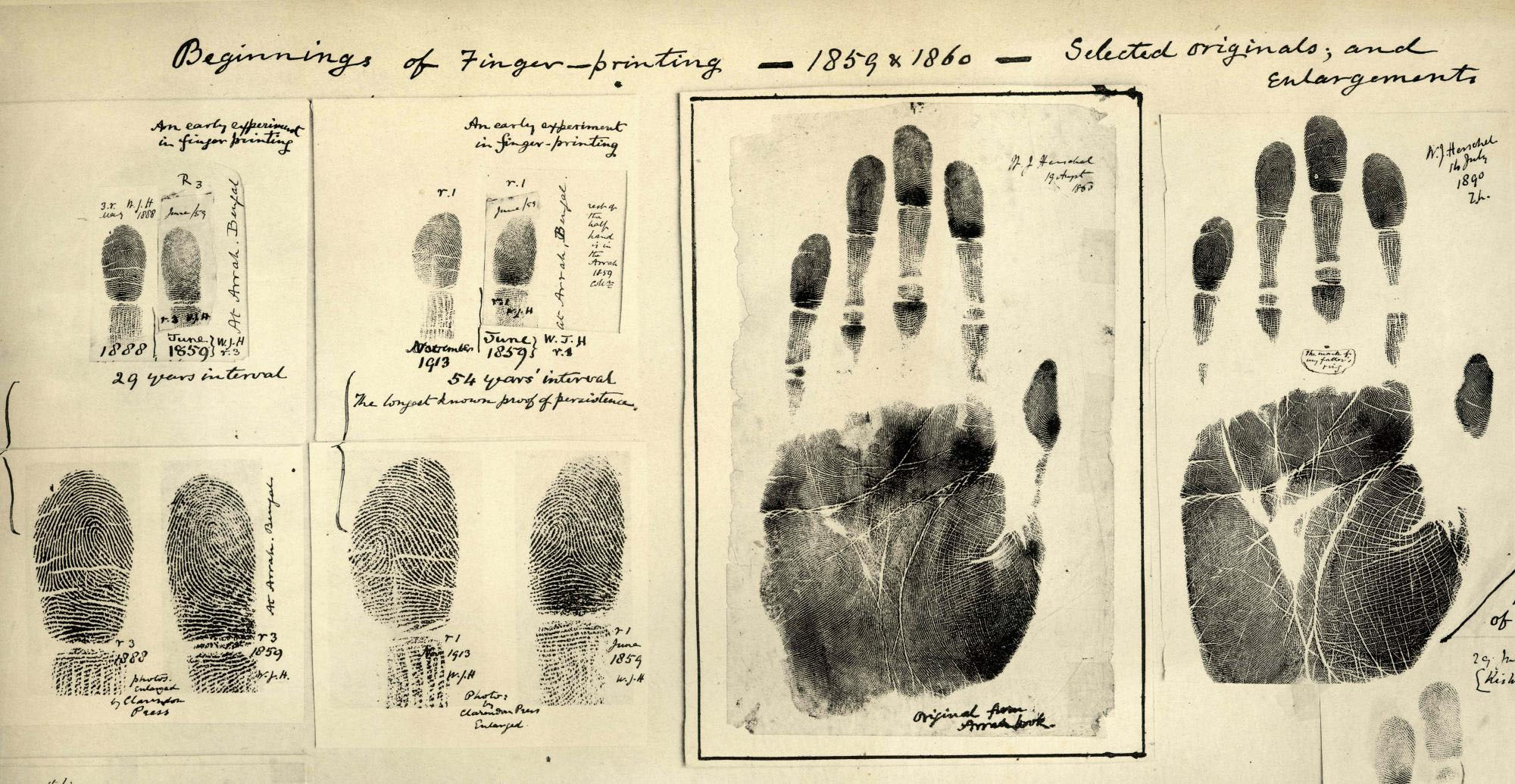India has shown who is affected by the disappearance of physical money
- The authorities have decided to turn India Cashless into a territory that, instead of physical money, will move into digital banknotes and coins, to end corruption and the black market. From one day to the next, 86% of the salaries held by the citizens were withdrawn and the discomfort was widespread. Those affected by the revolution have soon seen themselves: peasants, black workers – the majority of Indians – street vendors and, in general, all those who have trouble internalizing in digitalisation.

While everyone was entertained by looking at how the President of the United States, Donald Trump, was chosen that same day, India was shaken by an earthquake that would fundamentally alter the lives of 1.250 million people. On 8 November, at 22:00 p.m., India ' s major media reported that 500 and 1,000 rubies would be invalid at midnight, which accounts for 86 per cent of the country ' s total physical money. Modi gave the citizens a period of 50 days to hand over old money to banks and replace it on paper, so that, by the way, it could start working with electronic money.
The economic press has highlighted the courageous steps taken by India in its monetised economy – demonetisation, cashless economy… – and in its attempt to modernise. Modi explained to citizens that such a measure was necessary to eliminate corruption, black money and terrorist financing. However, their critical voices that say that change is being very painful for many people, in the background for the weakest, have now begun to spread throughout the world. It is also estimated that there are hundreds of deaths due to the eviction of the currency in Spain.
GRAIN, the global farmers’ movement and food sovereignty, said in February that “the currency free economy is a major blow to small producers.” GRAIN is following with particular attention the changes brought about by neoliberal globalization in Asia in its Supermarket Watch Asia newsletter: “Markets are based on the economy and lives of millions of people. And yet, there are many Asian countries that have organised local markets and policies for the collapse of people who live because of them. From Hong Kong to Hanoi, governments ban markets, while weakening the rules that controlled the strength of big corporations and the price craziness.” The most extreme example of these policies is India ' s decision.
The decision to transfer the economy of physical money to digital banking and plastic money – cards – has not so much hit large companies engaged in corruption and black, but small-scale producers, farmers and street sellers, who have the greatest difficulties in accessing digital banking. In the first few months, discredit has shaken all sectors of trade and sales, but they have always relied on physical money in particular, on agriculture and on undeclared informal work.
In a country as large as India, the replacement of old banknotes has been extremely exhausting and the fact that from night to morning only 14% of the banknotes are in the hands of the citizens has plunged the millions into anguish. In India, more than 95 per cent of purchases were made in cash, and 90 per cent of sellers were unable to accept money, such as banknotes. 85 per cent of employees were in cash and half of the population had no current accounts at any bank. In the two months following Modi's decision, thousands of electronic devices have been opened that have facilitated digital transactions, credit card trading has increased by 10%... but in the meantime, street traders have run out of business, as, like them, shoppers have also run out of money.
All Indians to the Consuming Force
Uncontracted informal work makes up 93 per cent of India ' s workforce and has suffered most from sudden change. Thousands of workers have lost their jobs, according to the Grain report. “Construction has slowed down. Taxis, bicycle rickshaws, housekeepers, dockers and many others are in great difficulty. When many workers who take the humpback for days run out of work and money, reverse migration begins, from cities to villages.”
In trade too, small ones lose out.
Street vendors have received a large handful, as their business is based on physical currencies. From one day to the next they had run out of buyers and, furthermore, they had not been able to return the money to the few who approached. On the contrary, with the change, large supermarkets and those specialising in e-commerce have been strengthened. And Dharmendra Kumar writes in the GRAIN newsletter that if the Modi Government pointed at the beginning as a cause of the demonetization of corruption, the black market and terrorism, it soon began to make the real argument: Modernize India by transforming it into cashless economy.
Basically, the decision to turn all Indians into consumers is the reason why plastic money is being extended: the ways of changing, selling and buying people's everyday lives, the circuits of access to all food and supply. “The Paytm company, the leader of electronic payments in India, has behind Alibaba, the Chinese e-commerce giant. Alibaba already has 20 million users in India and has a lot to gain from this government operation. The desire of Paytm and Alibaba is to change the ways of buying the Indians.” Amazon and Flipkart, e-commerce leaders in India, are also investing a lot of money to increase their sales. They have positioned themselves well to gain competition from street vendors and small independent traders.
Wade Shepard has confessed in Forbes magazine, to which neoliberal executives love: “Modi’s demonetization operation consisted of a tactic of shock doctrine [as defined by Naomi Kleinen] to eliminate the money-based market, to further digitize the economy and the population and to turn it into a more formal economic network that facilitates tax taxation.”
The movements of small farmers in India reproach the Prime Minister in an open letter that has provided them with the greatest extremes taken since the independence of the country. Once the demonetization measures have begun, the Delhi authorities have not taken into account the rural populations of India, have not repaired the differences in life between the inhabitants of the metropolis and the others, have not mattered at what time of the year and how to implement the measures to make the peasants' schedules more sweet.
The difficulties experienced by shoppers during these months, such as baserritars, have always been mentioned at trade fairs. On the contrary, farmers' representatives have attached particular importance to the survival of small credit cooperatives that fulfil a fundamental obligation in cultivation, jeopardising the survival of the large bank that wants to devour everything.
Europar Batasunean berriki onartu den Migrazio Itunak, asko zaildu dizkie gauzak euren herrialdetik ihesi doazen eta asiloa eskatzen duten pertsonei. Eskuin muturraren tesiak ogi tartean irentsita, migratzaileentzako kontrol neurri zorrotzagoak onartu dituzte Estrasburgon,... [+]
In a month's time, when the "biggest democracy in the world" elections, which will begin on 19 April and continue for six weeks, a new factor has ignited the countries that were already quite upset. All the polls predict that BJP’s National Right-wing Democratic Alliance, led by... [+]
Arrandia was inaugurated by Prime Minister Narendra Modi, Ram Janmabhoomi Mandir of Ayodhura, temple of the god Rama's birthplace, on 22 January. When there are three months left for the general elections in India, candidate Modi can say that he has starkly kept one of the most... [+]
India/Bharat is a very rare country in news monoculture, but to say that for two weeks an event has been unseen is not an exaggeration. No less surprising in its exceptionality, which is the humanitarian profile of the incident.
On Sunday, November 12, at dawn, between Silkyara [+]
Ten months remain for the general elections in India to be held next May, and it can be said that timelines are being consolidated. INDIA was established last week in capital letters at the Indian National Developmental Inclusive Alliance, an acronym for the name of the alliance... [+]
Something that does not seem very exemplary was seen last week in the "greatest democracy in the world". India: The Modi question, produced by the BBC, has been banned by the government of the Indian Prime Minister, Narendra Modi, through the media law of 2021. And when actions... [+]

























